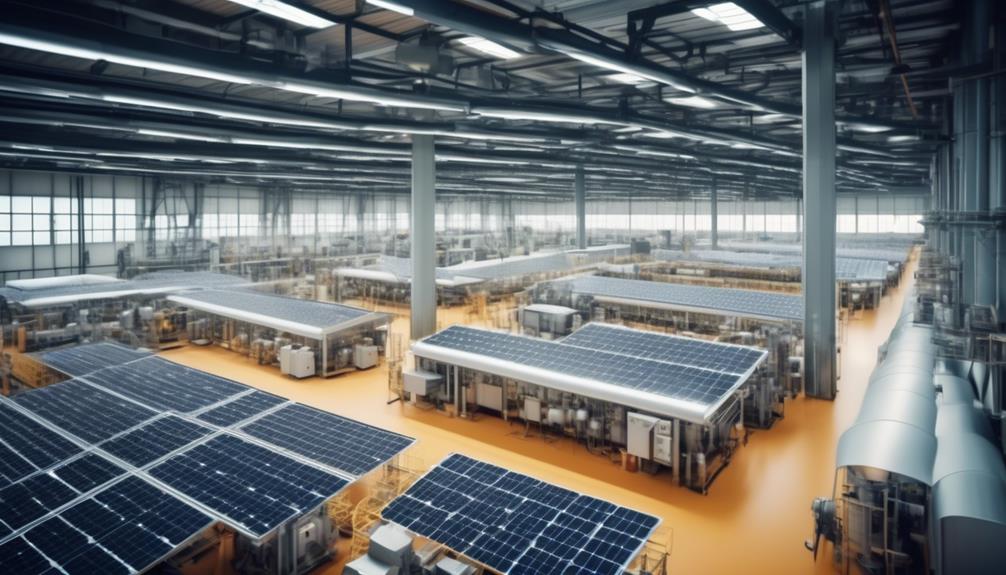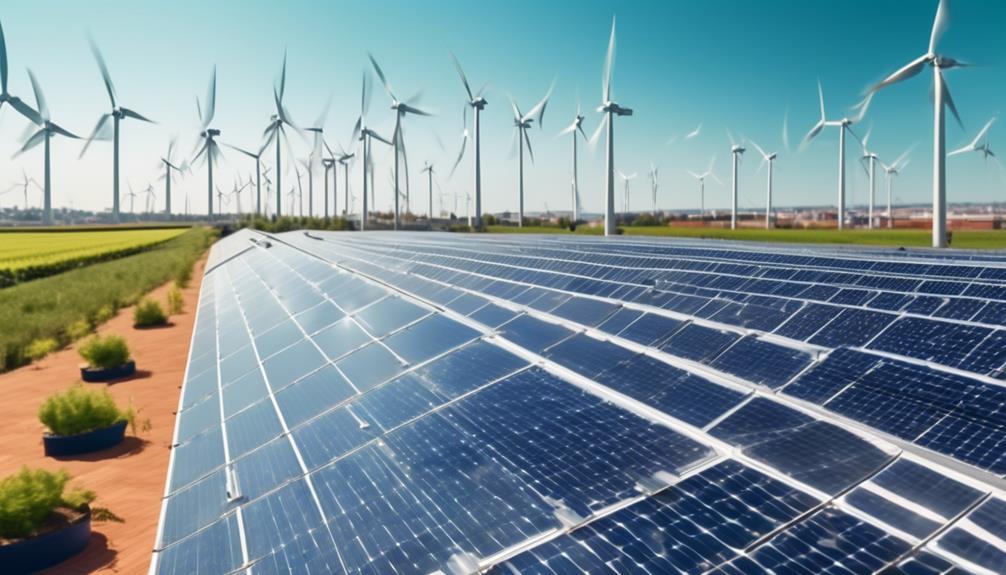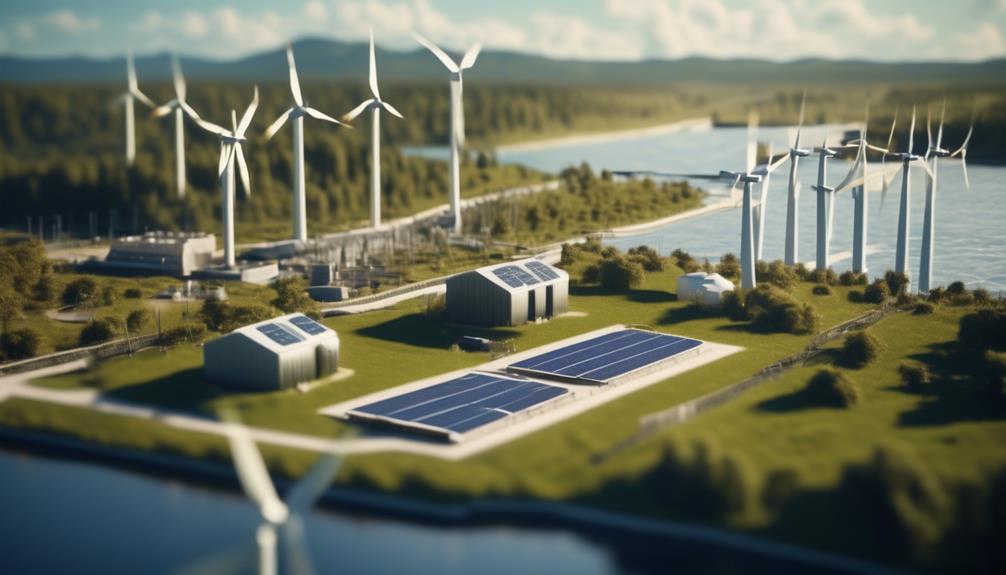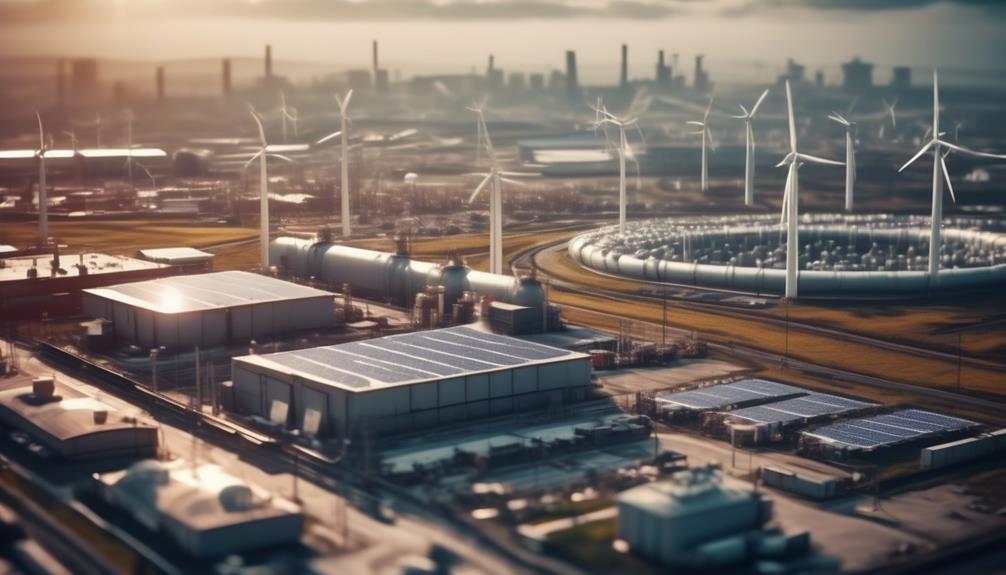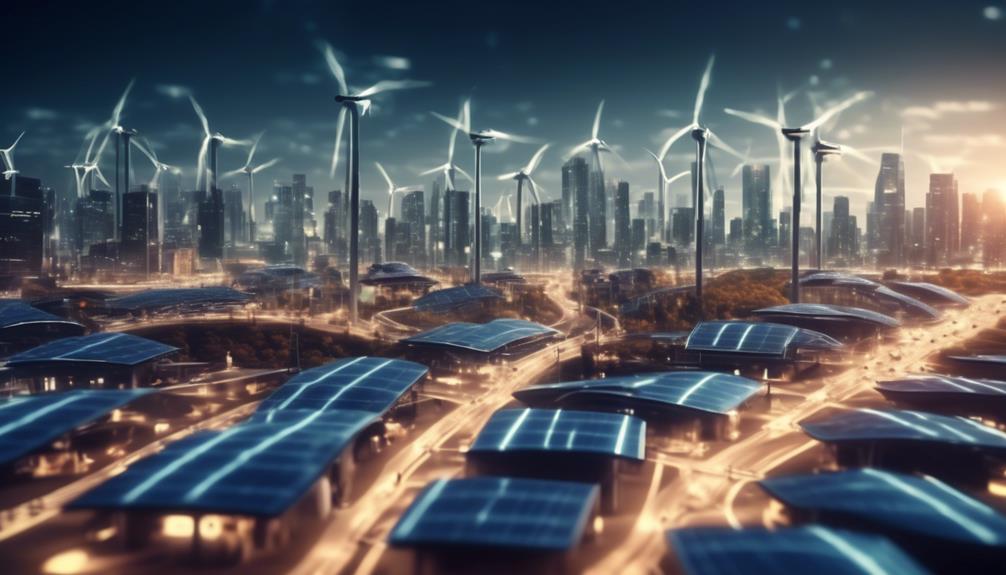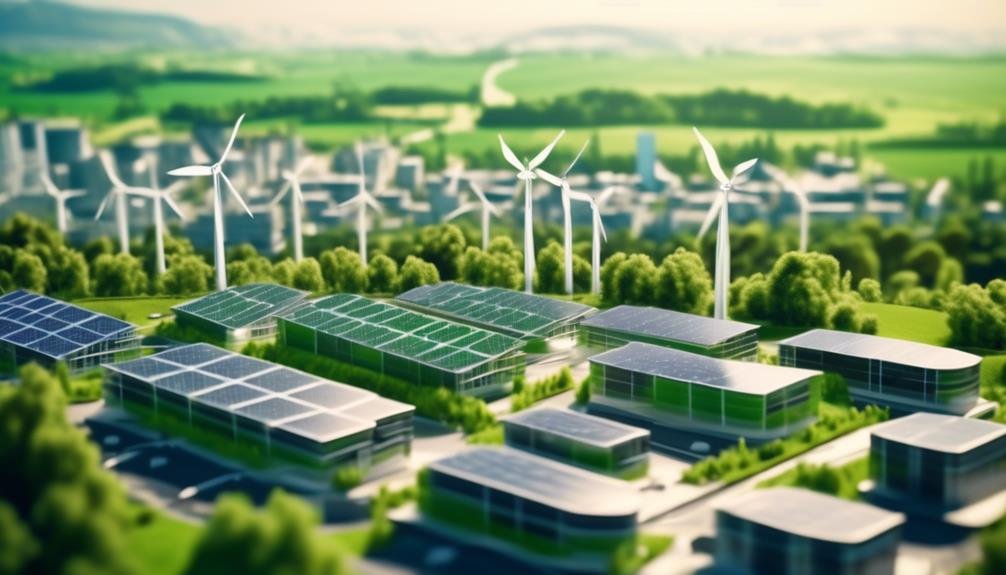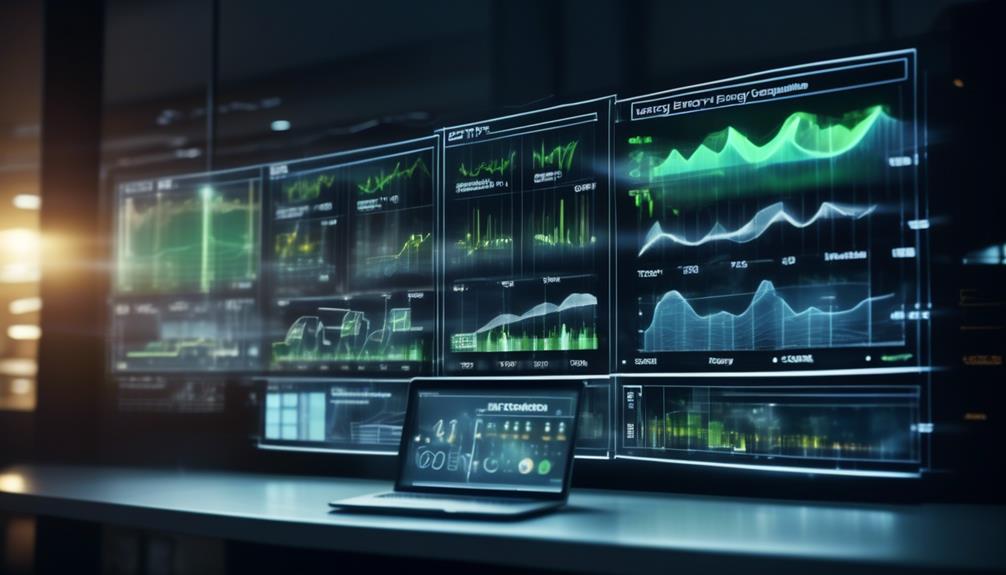In today’s world, where environmental concerns and sustainability are at the forefront of public consciousness, the way we source and consume energy is undergoing a significant transformation. Traditional energy sources are gradually giving way to cleaner, more sustainable alternatives. One of the key players in this shift is the emergence of green energy suppliers.
Standard Energy Suppliers
- Fossil Fuels: Standard energy suppliers typically rely heavily on fossil fuels, such as coal, natural gas, and oil, to generate electricity. These sources are known for their environmental impact, contributing to air pollution and greenhouse gas emissions, which are major drivers of climate change.
- Non-Renewable: Standard energy sources are finite. As we continue to deplete these resources, the cost of energy production and the environmental damage associated with extraction and consumption are likely to increase.
- Varied Sources: Standard energy suppliers often draw power from a mix of energy sources, including fossil fuels, nuclear power, and renewables. The proportion of each source varies by region and company, but fossil fuels typically dominate.
- Lower Upfront Costs: Energy from standard suppliers is often cheaper in the short term, primarily because of the established infrastructure and the abundance of fossil fuels.
- Environmental Impact: The environmental impact of standard energy sources includes air and water pollution, habitat destruction, and the release of greenhouse gases. These factors contribute to climate change and have long-term consequences for the planet.
Green Energy Suppliers
- Renewable Energy: Green energy suppliers focus on harnessing renewable energy sources, such as wind, solar, hydroelectric, and geothermal power. These sources are sustainable and have minimal environmental impact compared to fossil fuels.
- Sustainability: Green energy is sustainable because it relies on sources that naturally replenish over time. This reduces our dependence on finite resources and minimises environmental harm.
- 100% Renewable: Many green energy suppliers commit to providing 100% renewable energy to their customers. This means that all the electricity supplied by these companies comes from clean, renewable sources.
- Higher Upfront Costs: Green energy may be slightly more expensive in the short term due to the investment required in renewable energy infrastructure. However, prices are becoming increasingly competitive as technology advances and economies of scale are realised.
- Environmental Benefits: Green energy significantly reduces carbon emissions and other pollutants, making it a vital part of efforts to combat climate change and promote environmental sustainability.
- Supporting Innovation: By choosing a green energy supplier, you are indirectly supporting research and development in renewable energy technologies. This helps drive innovation and reduces the cost of clean energy in the long run.
Greenwashing
Greenwashing is a deceptive marketing practice in which a company exaggerates or falsely claims to be environmentally friendly to attract environmentally conscious consumers. The term is a blend of “green,” often associated with environmentally friendly practices, and “whitewashing,” which refers to the act of covering up or glossing over undesirable facts.
Energy suppliers may engage in greenwashing by presenting themselves as more environmentally responsible than they are. Here are some common tactics they might use:
- Misleading Advertising: Energy suppliers may use misleading language and imagery, making it appear as though they are investing heavily in renewable energy sources when, in reality, a significant portion of their energy production may still come from non-renewable sources.
- Vague or Ambiguous Claims: Companies might make general claims about being “green” or “eco-friendly” without providing specific details or measurable metrics.
- Selective Highlighting: Greenwashing often involves emphasising one environmentally friendly aspect of a company’s operations while downplaying or ignoring less favourable aspects. For example, an energy supplier might heavily promote its investment in solar or wind energy while neglecting to mention its reliance on fossil fuels.
- Use of Green Symbols or Labels: Some companies use environmental certifications, labels, or symbols without proper accreditation or by associating with loosely defined eco-friendly terms.
- Token Environmental Efforts: A company may engage in minimal environmental efforts and then heavily promote these actions to create the impression of a strong commitment to sustainability. This might include small-scale renewable energy projects that do not significantly impact the overall energy mix.
- Diverting Attention from Larger Environmental Issues: Instead of addressing substantial environmental concerns within their industry or operations, energy suppliers may focus on relatively minor initiatives to divert attention from more significant issues.
Following the introduction of The Electricity (Fuel Mix Disclosure) Regulations 2005, all UK electricity suppliers are required to disclose their fuel mix to customers. Suppliers must disclose their fuel mix for the disclosure period (1 April – 31 March) by 1st October annually.
You can find your suppliers fuel mix on their website, or on a recent invoice. Compare your supplier’s fuel mix to the UK average for the 2022-2023 disclosure period
Conclusion
The choice between a standard energy supplier and a green energy supplier ultimately comes down to your values, budget, and environmental concerns. While standard energy sources are cheaper in the short term, they have significant environmental drawbacks. In contrast, green energy sources are sustainable, environmentally friendly, and contribute to a cleaner, more sustainable future.
As the world shifts towards a greener energy landscape, the availability of green energy options continues to grow. Making the switch to a green energy supplier is not only a responsible choice for the environment but also a step towards reducing your carbon footprint and promoting a more sustainable energy future for all.

